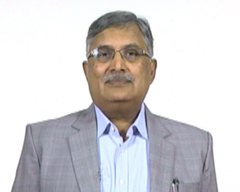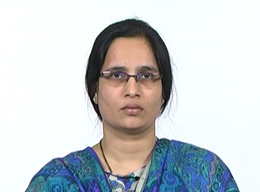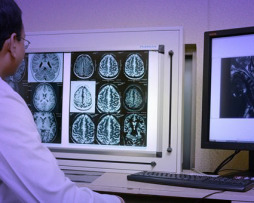About the Course
According to American College of Family Physicians, “Family medicine is the medical specialty which provides continuing, comprehensive health care for the individual and family. It is a specialty in breadth that integrates the biological, clinical and behavioural sciences. The scope of family medicine encompasses all ages, sexes, each organ system and every disease entity”.
World Health organization (WHO) defined Family medicine as that specialty of medicine which is concerned with providing comprehensive care to individuals and families and integrating biomedical, behavioural and social sciences. As an academic discipline, it includes comprehensive health care services, education and research.
The specialty of family medicine was created in 1969 to fulfill the generalist function in medicine, which suffered with the growth of sub-specialization and fragmentation of personalised health care after World War II.
In the increasingly fragmented world of health care, Family physicians are dedicated to provide comprehensive health care for people of all ages — from newborns to seniors and treating the whole person. Unlike other specialties that are limited to a particular organ or disease, family medicine integrates care for patients of both genders and every age, and advocates for the patient in a complex health care system. Family medicine’s cornerstone is an ongoing process of patient-physician relationship with the patient viewed in the context of the family and their social surrounding.
A family doctor is a physician who is a specialist trained to provide health care services for all individuals, regardless of age, sex or type of health problem. A family doctor provides primary and continuing care for entire families within their communities; addresses physical, psychological and social problems; and coordinates comprehensive health care services with other specialists as needed. Family doctors may also be known as family physicians or general practitioners, depending on the location of practice.
Dr. Margaret Chan, Director-General of the World Health Organization has this to say about Family Medicine and Physicians: A health system, where primary care is the backbone and family doctors are the bedrock, delivers the best health outcomes, at the lowest cost, and with the greatest user satisfaction. She goes on to add: Primary care is our best hope for the future. Family doctors are our ‘Rising stars for the future.’
Propelled by such emphatic endorsement of concepts of Family Medicine by the American College of Family Physicians and the World Health Organization, MediSyseVarsity is launching its flagship online course, the one-year Fellowship in Family Medicine, with the combined experiences of MediSyseVarsity running the course in ‘chalk and board’ distance education for nearly a decade or so and MediSysEduTech nearly 2 decades into the field of virtual education.
Once completed, the course would help to turn graduate doctors into competent patient-centered clinicians – the Family Physicians, who thrive on building relationship with the patients and family, as envisioned by WHO, rather than treat them as numbers.
Target Audience
General Practitioners, MBBS Doctors.
Course Delivery Format
This course is delivered entirely online. It consists of a series of comprehensive lectures by a professor in the subject, appropriately annotated with slides, animations and wherever necessary, interactive content. The delivery offers tremendous flexibility. You may pause a teacher while you refer to your textbooks (not includes) and to take notes. You may also rewind a segment to listen to the teacher again or you may skip a slide or two if you already know that bit. You may bookmark a segment that you wish to return to later, maybe to refresh just before your exams. While the lessons in this course may be arranged in a particular order based on our curriculum, you have the flexibility to take them in order of your preference based on your personalized learning needs.
Benefits
The Diploma in Family Medicine helps
- To develop knowledge needed to diagnose and manage common acute and chronic conditions across age groups seen in outpatient family medicine settings.
- To develop Clinical and Communication Skills to take accurate histories, perform focused physical exams, develop evidence based differentials, generate cost effective management plans, and communicate those plans effectively with patients in outpatient family medicine settings.
- To develop Skills to integrate preventive care into outpatient practice.
- To develop the necessary interpersonal skills required in communicating with patients from all types of backgrounds, as well as the ability to impart appropriate health education wherever necessary.







 Dr. Bapuji Balijepally
Dr. Bapuji Balijepally Dr. Shakun Farhan Sheikh
Dr. Shakun Farhan Sheikh



Antara Rai
Shadan Institute Of Medical Sciences